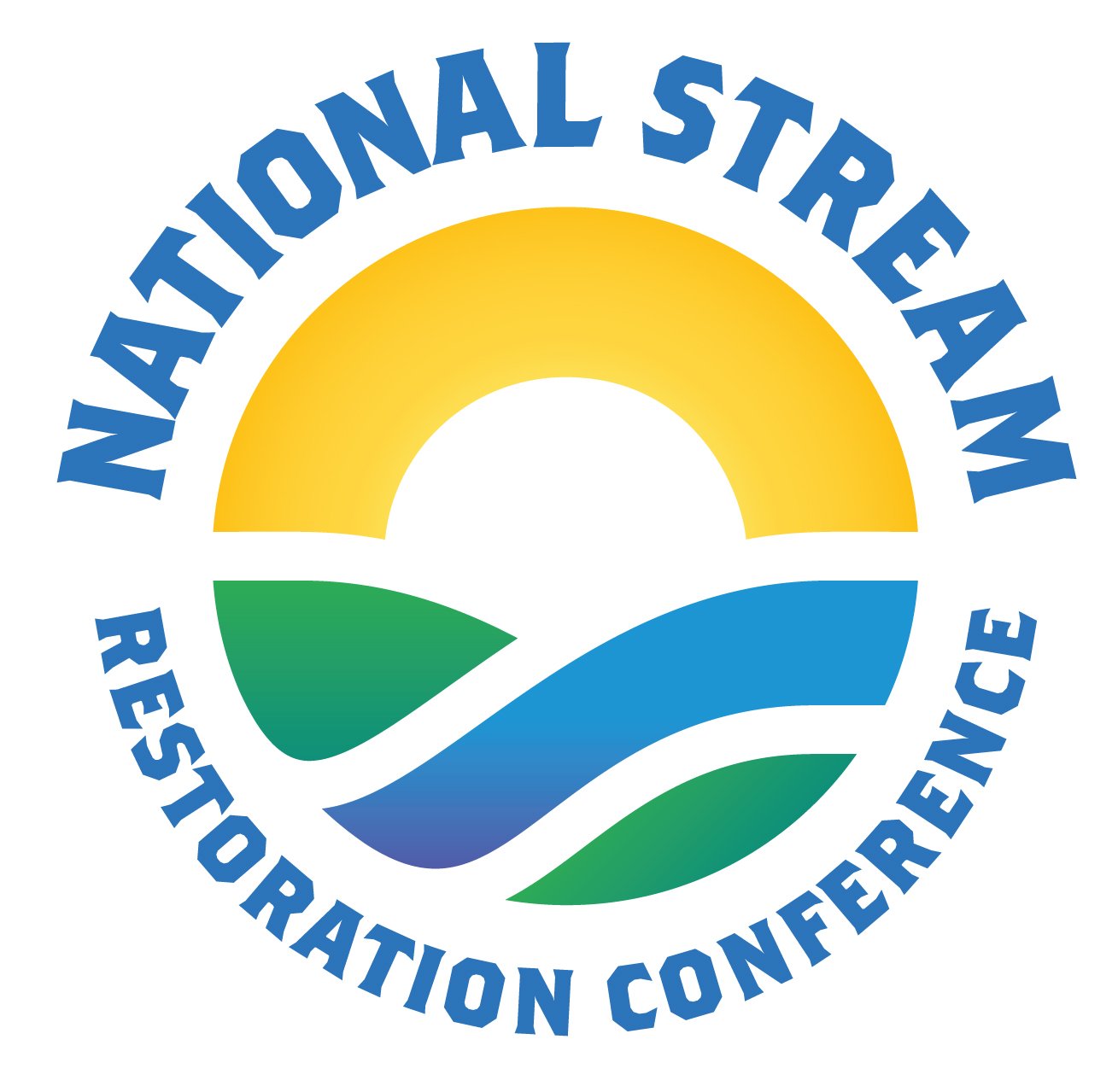Stream Restoration: Nature-Based Solution for Flood Risk Mitigation and Watershed Resiliency
Lee W. Forbes, PE, DWRE
Headway Environmental
Monroe, LA
Nature-based solutions (NBSs) are increasingly a requirement and/or focus of federal natural disaster recovery and mitigation funding programs. Further, they provide valuable tools toward resiliency of the affected communities and watersheds in the face of more frequent and intense weather-related disasters caused by climate change. However, federal guidance on NBS for flood risk mitigation and watershed resiliency in fluvial settings from the Federal Emergency Management Agency (FEMA) and the Department of Housing and Urban Development (HUD), the two primary federal funding agencies for flood disaster mitigation and recovery, has focused only on prescriptions external to the stream channels themselves, such as land conservation, wetland restoration, onsite stormwater management, regional stormwater parks, and floodplain reconnection/restoration. In 2021, the U.S. Army Corps of Engineers’ Engineer Research and Development Center published “International Guidelines on Natural and Nature-Based Features for Flood Risk Management”, which for the first time, presents river/stream restoration as an appropriate NBS measure for fluvial flood risk management. However, even in this guidance, stream restoration is presented as one of many NBS prescriptions that should be considered in fluvial flood risk management, based on a holistic, watershed approach, and may not be emphasized or prioritized to the extent warranted for the alluvial systems that provide the primary drainage and flood control infrastructure for the majority of U.S. cities.
This presentation will present and discuss stream restoration’s place within the current federal NBS guidance documents and make a case that stream restoration should be the highest priority in the use of NBS in flood risk mitigation and watershed resiliency efforts for a majority of U.S. cities. Examples of successful applications in various urban and suburban watershed settings will then be presented to support the position.
About Lee W. Forbes, PE, DWRE
Mr. Forbes serves as the Director of Ecological Restoration Engineering for Headway Environmental. His experience as a consulting civil engineer spans more than 35 years, and he has been recognized as a Diplomate – Water Resources Engineering (D.WRE) by the ASCE’s American Academy of Water Resources Engineers (AAWRE). In the last 23 years, Mr. Forbes has applied his unique and diverse background toward the emerging field of sustainable watershed resources management and has served as project manager/lead design engineer for numerous stream restoration, wetland restoration, and ecologically-enhanced channel stabilization/ restoration design projects throughout the country.

